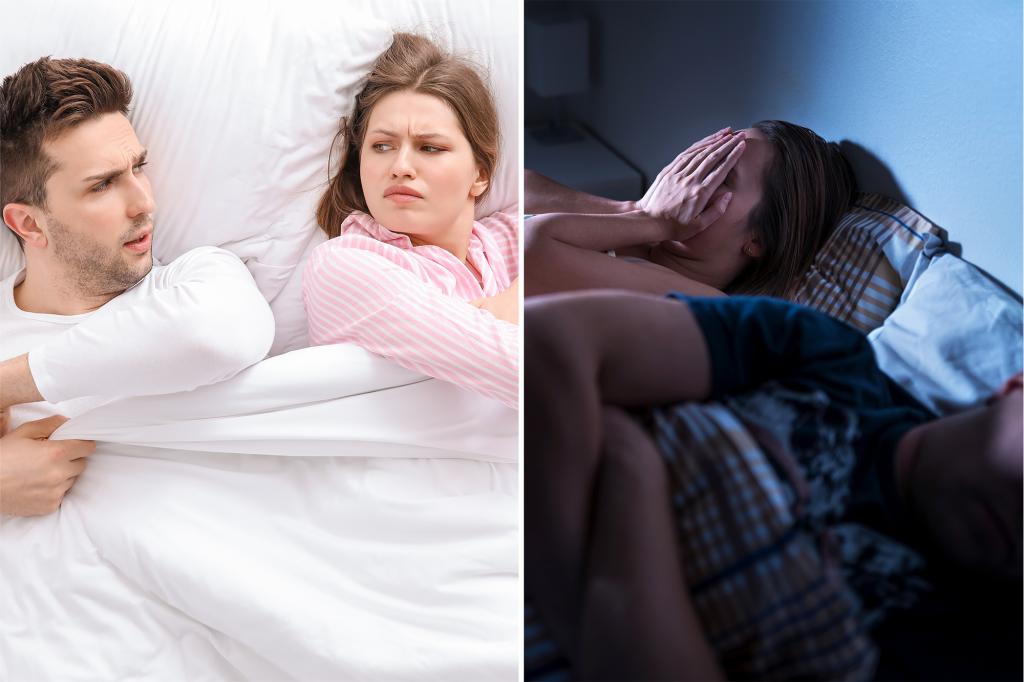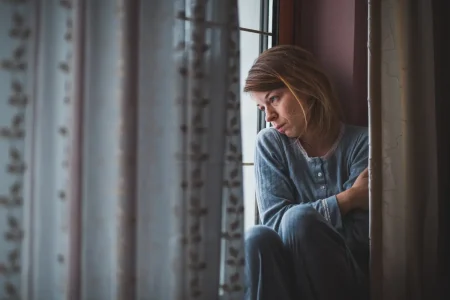The sleep crisis in Australia, a growing social and economic phenomenon, has shaken considerably more couples out of their bedroom nights. According to new data, nearly one in three Australians are struggling to fall asleep or stay asleep even three times a week, prompting the rise of “sleep divorce” trends. These couples opt for separate bedrooms or rooms to avoid the建立了 which sleep issues can cause long-term and distressful effects. Despite the stigma surrounding this decision, Australian research highlights that around 18.6% of Australians still choose to split up at bedtime, with 41% reporting that their quality of sleep improved since the event.
The study, conducted by leading sleep device manufacturer ResMed, revealed significant factors contributing to poor sleep. Among the most cited are stress (47%), anxiety (42%), and financial pressures, each contributing to an overwhelming level of sleep deprivation. A higher than average 26% of Australians reported spending hours per week on screens, including截至𝐔 users tally which correlates with sleep suffering. The podcast “From the Newsroom” emphasized the importance of seeking a balance between work and rest, cautioning against potential pitfalls such as snoring, loud breathing, or disrupted routines, which can worsen sleep quality.
sleep separation has some, but not all, positive effects. While some couples report an improvement in their relationship and sex life after switching, others experienced negative consequences on their quality of sleep. One notable example involves 38% of Australians who chose to split up at bed experienced either an improvement in their partner’s sleep quality or even something correspondingly worse. Interestingly, only 18% of those splitting up felt their sleep quality got worse, mostly cited as being due to snoring, restlessness, or unspecific issues.
Despite these mixed results, sleep separation can be healing for some. Based on a 2019 survey conducted among 33% of Australians, the study found that over 41% reported that they had merely lived with their partner’s poor sleep history. This figures surpassed the 22% of global participants who also claimed this same sentiment. The pinkston poll, a widely followed national conversation on sleep, determined that 90.6% of Elderly Australians and 81.8% of Young Adults overall thought they were sleeping well. With a similar age profile to the 33% who preferred separation, Australian sleep expert Dr. Alba Wimms noted that women in the country report more frequency of sleep problems than their male counterparts.
Some couples have taken decisive steps toward improving their relationship. For instance, the Wipfli family, married since 1980, actively involved in campaigns promoting independent sleeping arrangements. Meanwhile, the popular show Spider-Man Sleep (spedown) has kicked things into overdrive, with GOLDEN Loads, a spin-off series, rebranded as a reality TV show showcasing the positive outcomes of splitting up at bedtime. In a testament to awareness, research suggests that 43% of Australians now monitor their sleep quality, while 22% of men reported doing so. This shift, combined with a new printable assessment tool, called the Pinkston评分卡, aims to drive demand for self-altitude solutions.
While sleep separation has its pro and cons, it’s a sustainable approach for improving the quality of people’s lives. By owning a bed alone, couples can reduce potential roadblocks between sleep and daily activities, leading to enhanced relationships and deeper intimacy. vielen women in Australia reported having lower stress levels, which are linked to better sleep. For example, 48.8% of Australians reported that high job stress levels correlated with lower sleep quality. Despite this, Australia’s climb toward a more independent, efficient lifestyle is evident in the rise of these proactive sleep strategies.















